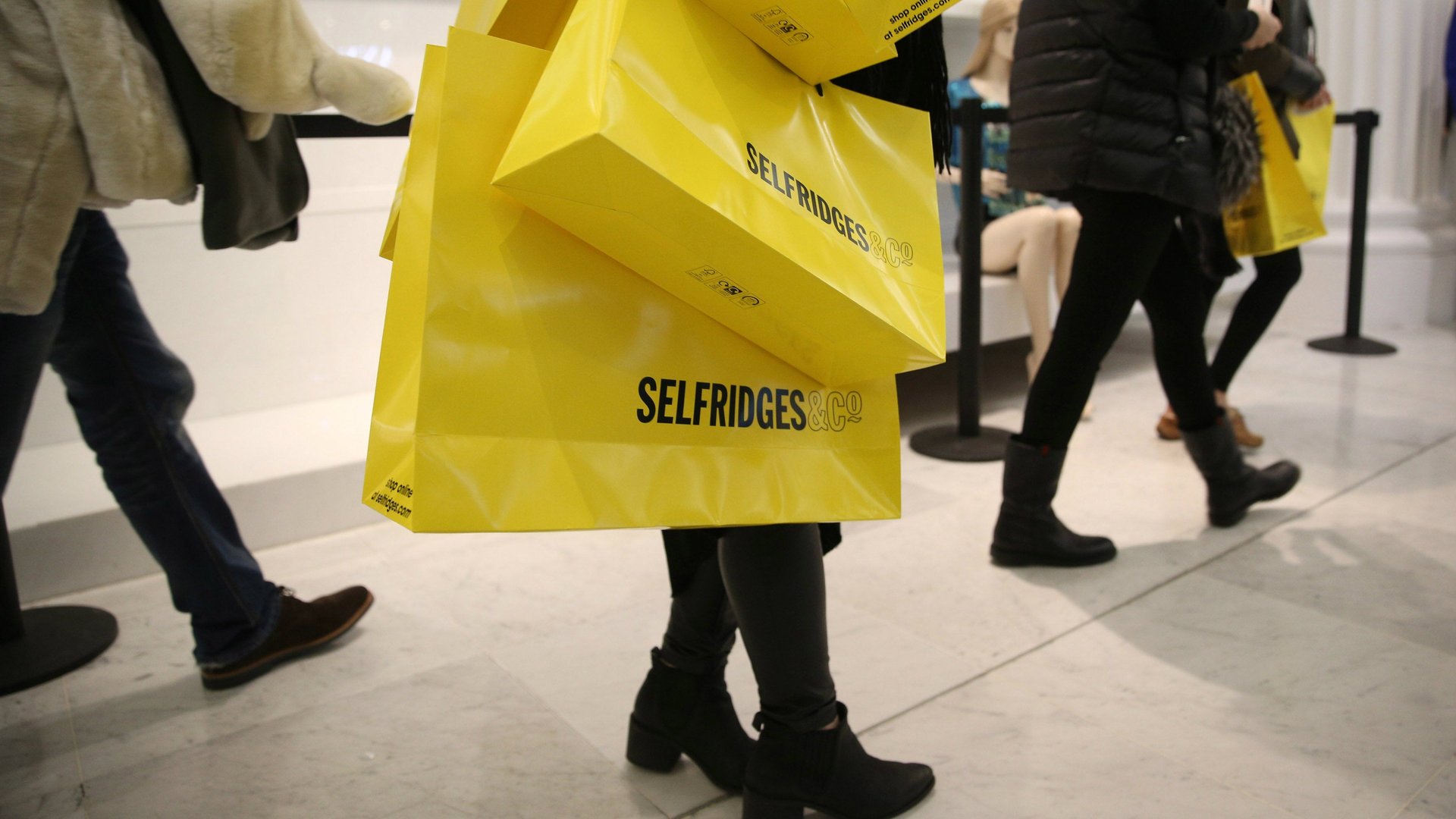British workers’ brief spell of rising wages is already ending thanks to Brexit
In late 2014, British workers finally saw the end of a seven-and-a-half-year streak of wage increases that were so meagre and so much smaller than inflation, they created the effect of long-lasting pay cuts. Two years later, this small improvement to living standards is almost over. Another casualty of Brexit.


In late 2014, British workers finally saw the end of a seven-and-a-half-year streak of wage increases that were so meagre and so much smaller than inflation, they created the effect of long-lasting pay cuts. Two years later, this small improvement to living standards is almost over. Another casualty of Brexit.
Data from the Office for National Statistics showed UK real wage growth—pay adjusted for inflation—fell for a third consecutive month in September. The annual rate of average weekly earnings growth was 1.7%. In September 2015, the rate was 3.1%.
Next year this rate could head back below zero.
Much of the recent increase in real wages occurred because inflation has been near zero since 2015. The revived spending power of British workers has been the bedrock of the UK’s recent economic growth (paywall). When the UK voted to leave the European Union, investors responded by ditching the UK currency and pound fell from about $1.50 in June to as low as $1.21 last month.
This depreciation will turn into a surge in inflation. In the past six months, the annual inflation rate has already tripled to 0.9%. Economists says consumer prices will probably climb by 3% next year and even the Bank of England is predicting an overshoot of its 2% inflation target (pdf) in the next few years. That’s much faster than wages can rise, which will send people’s spending power back into decline. The chart below will start to look like it did before late 2014.
In the second quarter of 2016 household expenditure contributed 0.5% to GDP growth, helping to offset a 0.8% drag from trade. A potential decline in household spending, which makes up 60% of the UK economy, is worrying enough to justify the bleak outlook (paywall) for the UK economy next year.